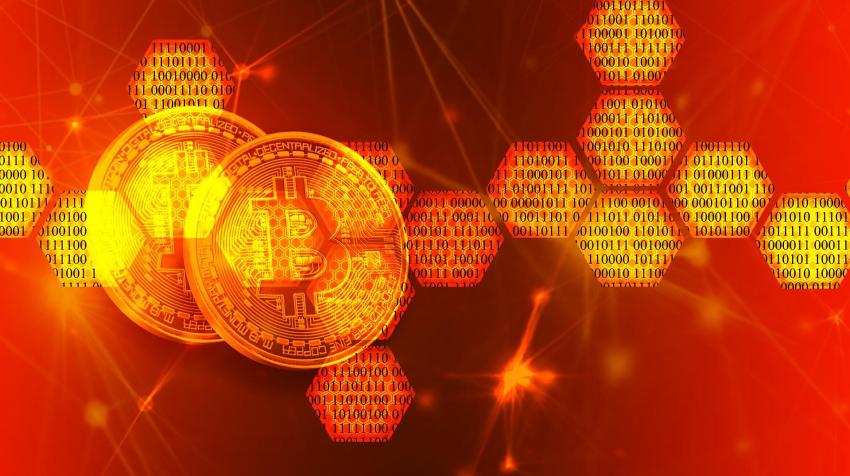
Blockchain and Sustainable Growth
We are at a unique moment in history: our society is in transition from an industrial economy to one defined by a new set of technologies, ranging from digitalization to nanotechnology. Among the latest waves of digitalization is blockchain—a technology that many say promises to redefine trust, transparency and inclusion across the world.

The Role of the United Nations in Addressing Emerging Technologies in the Area of Lethal Autonomous Weapons Systems
It is only natural that advances in the intelligent autonomy of digital systems attract the attention of Governments, scientists and civil society concerned about the possible deployment and use of lethal autonomous weapons. What is needed is a forum to discuss these concerns and construct common understandings regarding possible solutions.
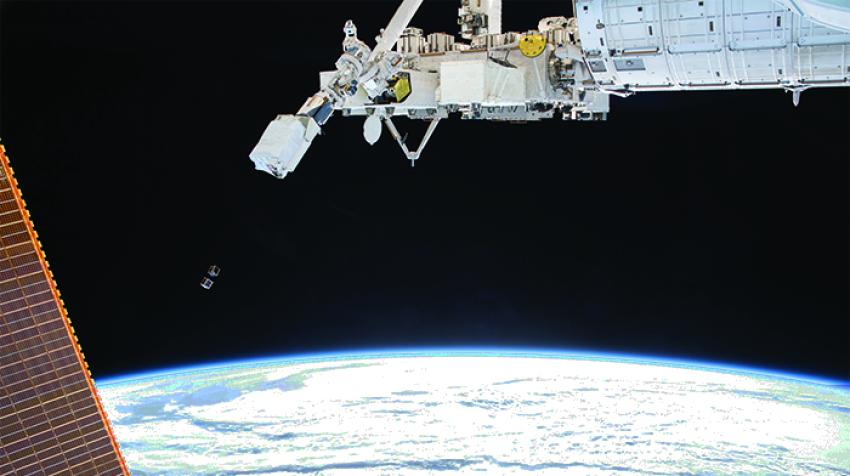
Space Technology and the Implementation of the 2030 Agenda
Since the very beginning of space activities in the late 1950s, the United Nations, through the Committee on the Peaceful Uses of Outer Space (COPUOS), has served as the venue for debating ventures in outer space, national endeavours, international space law and challenges to the way we conduct space activities.
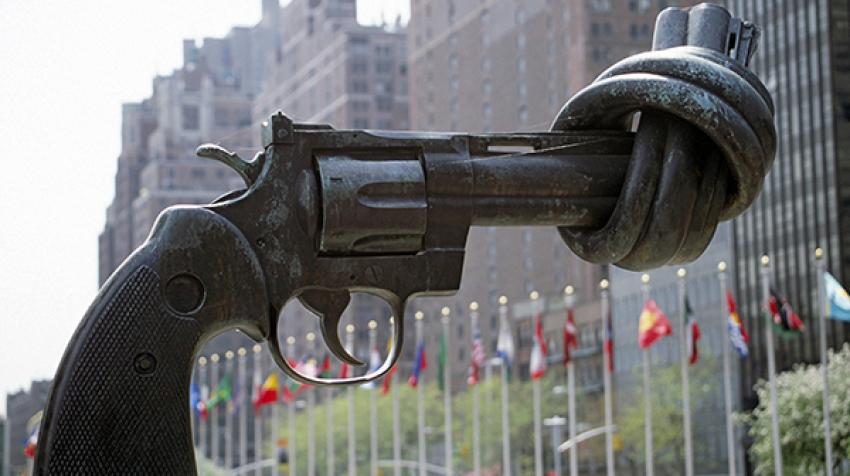
Towards a Planet-wide Culture of Non-Violence
This essay is an attempt to propose a long-term approach to respond to this challenging dilemma: how to minimize—if not eliminate entirely—the use of physical and mental violence among humans.
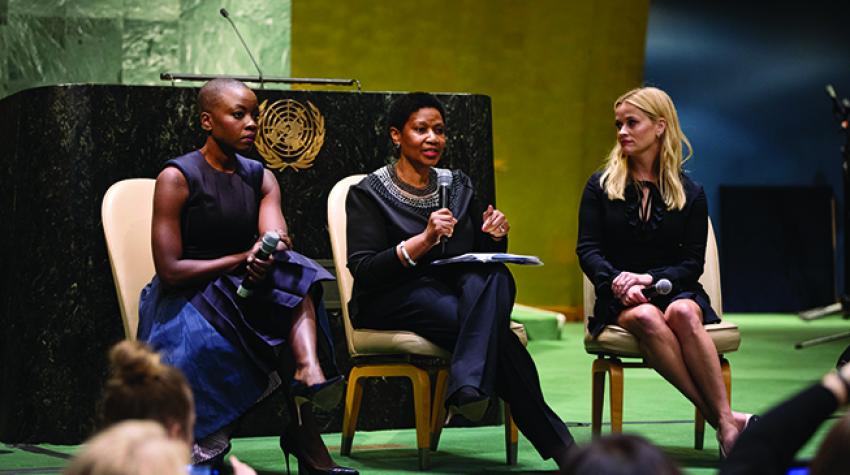
The #TimeIsNow for Solidarity and Sisterhood
In the nineteenth century, people around the world fought and defeated slavery. In the twentieth century, the struggle against racism and colonialism awoke the world's conscience again. The great challenge of the twenty-first century is embodied in the struggle against sexism, gender-based violence and all forms of oppression of women.
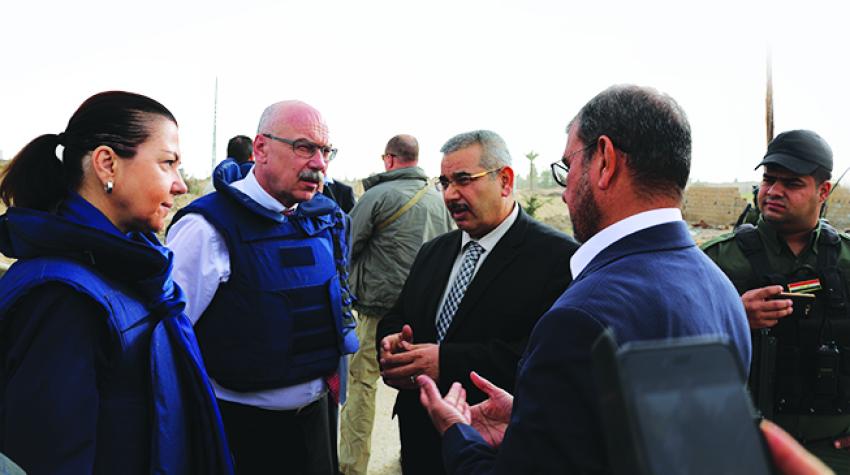
Tackling the World's Multiple Challenges Simultaneously: The Role of the United Nations
Terrorism is a plague from which no continent or country is immune. To address this global threat to peace and security, international cooperation is crucial. The United Nations is uniquely placed to assist Member States to effectively prevent terrorist acts within their borders and across regions. The multifaceted approach proposed by the United Nations also offers means for countries to address various but interconnected issues simultaneously.
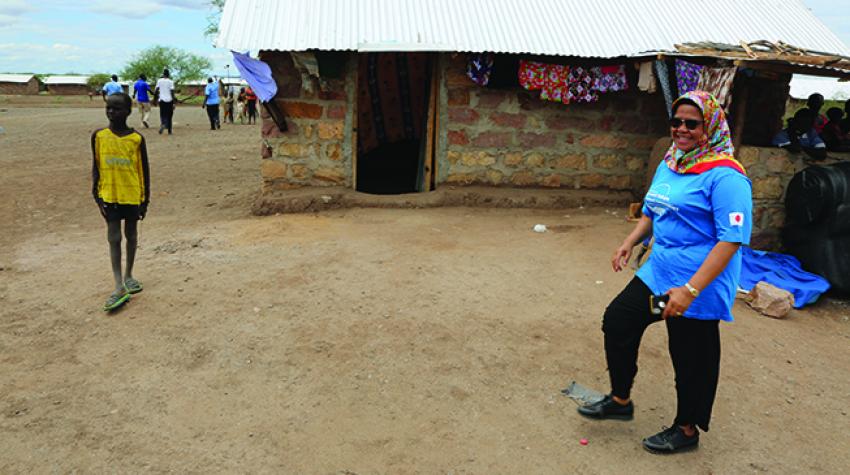
Promoting Sustainable Human Settlements: Its Relevance to the 2030 Agenda
UN-Habitat supports the achievement of SDGs in urban areas. The road map for doing so, the New Urban Agenda—UN-Habitat's framework for the realization of the transformative role of cities in sustainable development—was adopted at the Habitat III Conference in Quito, Ecuador, in 2016.
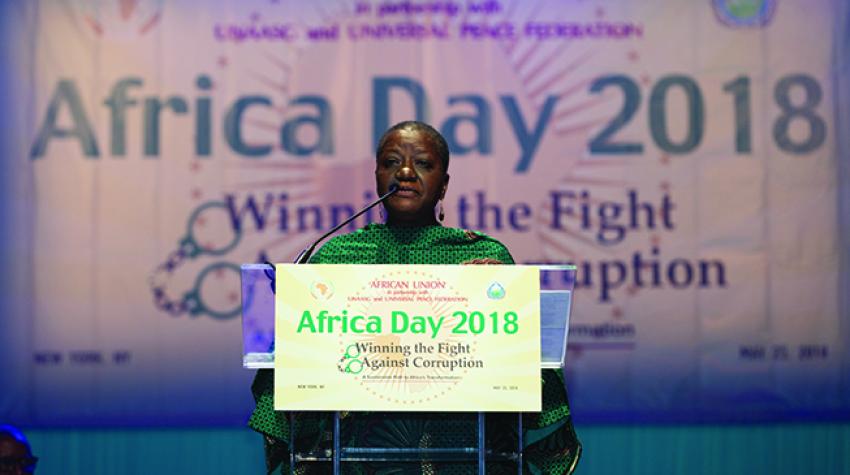
The Africa We Want: Facilitating the Coordination of International Support for Africa's Development, Peace and Security
The global 2030 Agenda for Sustainable Development and its Sustainable Development Goals were largely influenced by the Common African Position on the Post-2015 Development Agenda, through which African Member States negotiated in solidarity to ensure a comprehensive global agenda focused on structural economic transformation, inclusive growth, people-centred development and durable peace and security.
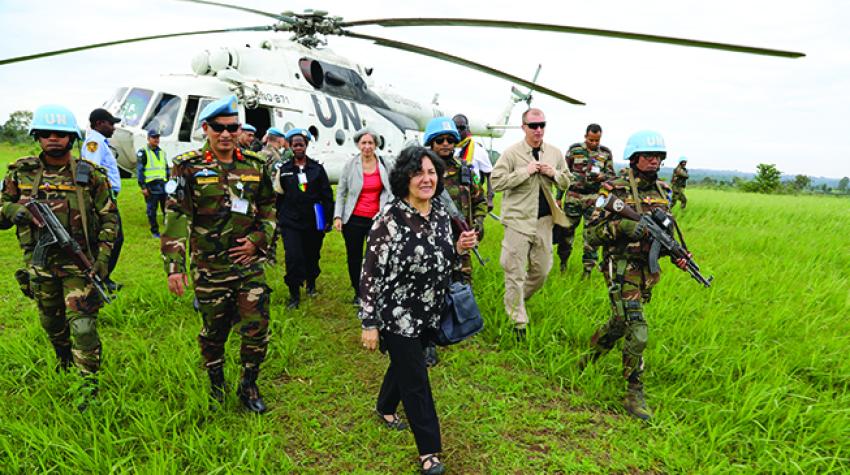
Strengthening the Rule of Law and Protection of Civilians in the Democratic Republic of the Congo
From its original focus on the military criminal justice chain, MONUSCO support is increasingly shifting to the civilian justice system. Our work has demonstrated how political engagement matched with technical and logistical support can contribute to the 2030 Agenda for Sustainable Development, enforcing laws that uphold justice and develop strong institutions for sustainable peace.

What the SDGs Mean
The Sustainable Development Goals (SDGs) define the world we want. They apply to all nations and mean, quite simply, to ensure that no one is left behind.
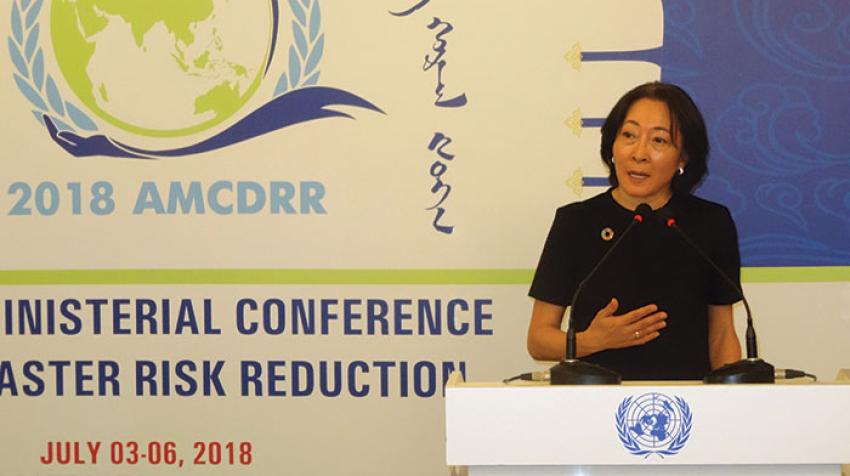
Economic Losses and Displacement Should Drive Disaster Risk Reduction Efforts
Governance is an area of great focus this year for the United Nations Office for Disaster Risk Reduction (UNISDR). Agreement on 38 indicators for measuring progress on reducing disaster losses and achieving the Sendai Framework's seven targets has led to a global surge in efforts to record disaster losses and analysis of disaster trends following the launch in March 2018 of the Sendai Framework Monitor. United Nations Member States are signing up quickly to use the Monitor and to report on their disaster losses, such as overall mortality, numbers affected, economic losses and damage to critical infrastructure.
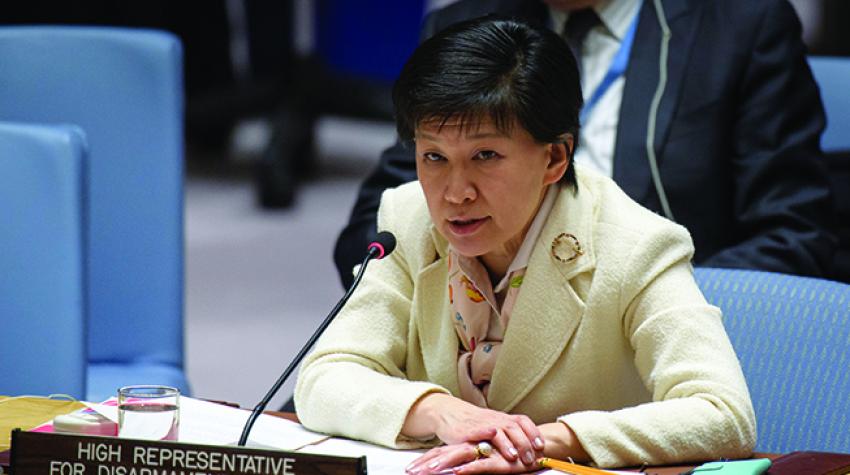
Advancing Disarmament within the 2030 Agenda for Sustainable Development
The 2030 Agenda and its Sustainable Development Goals (SDGs) provide a unique opportunity to revisit the historical relationship between disarmament and development. While SDG 16 on peaceful and inclusive societies, justice and strong institutions recognizes that durable peace and lasting conditions for security are necessary for long-term development, we need to better understand the diverse areas in which achieving disarmament objectives can contribute to the implementation of the SDGs.
